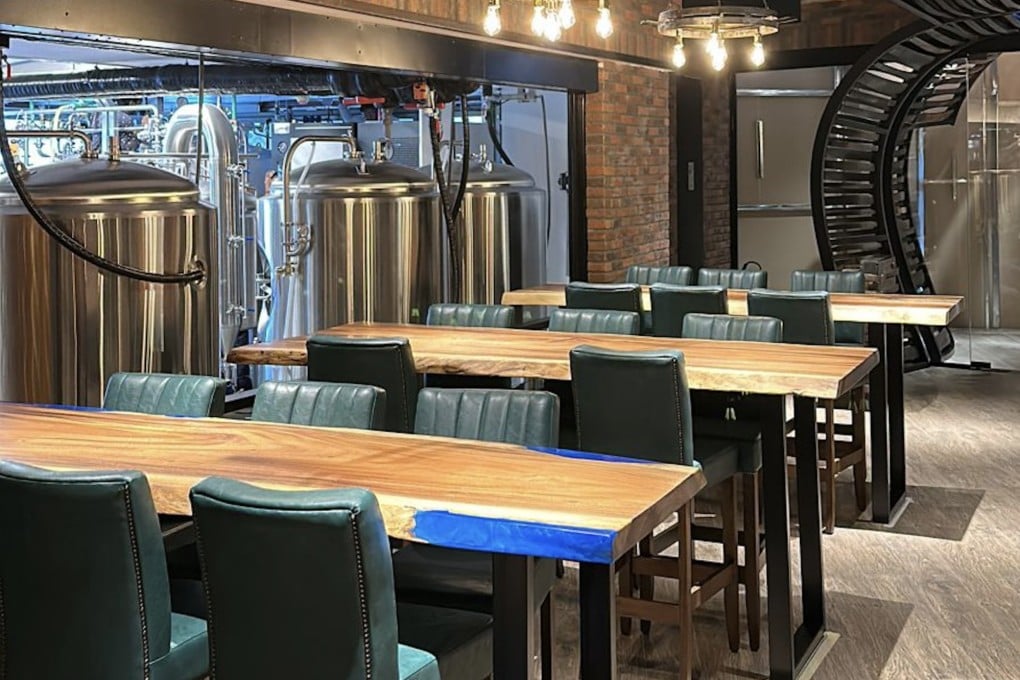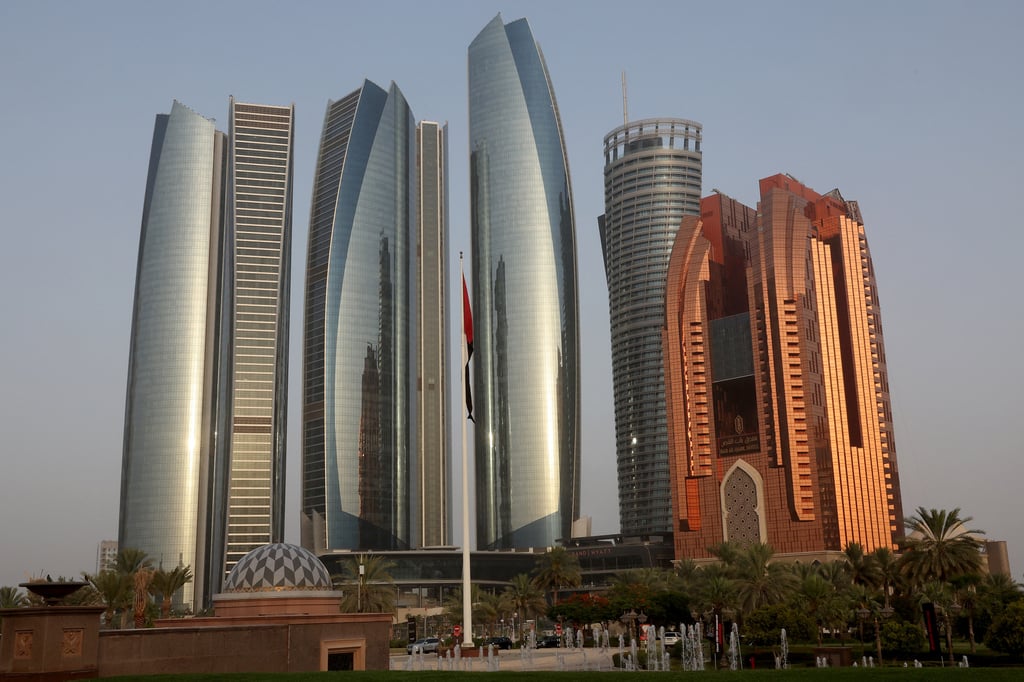A first for the UAE: brewery to make and sell beer in Abu Dhabi, a big change from when locally produced alcohol was illegal
- Abu Dhabi in the United Arab Emirates has granted a licence to restaurant Craft by Side Hustle to sell on tap beer that has been brewed on site
- Legal production of alcohol is a big step for the Gulf, a region where several countries still ban outright the sale, consumption and possession of alcohol

A commercial beer brewery will open in Abu Dhabi this month, becoming the first company to legally make alcohol in the Gulf region.
The brewery is the first to open under a little-noticed rule change published in Abu Dhabi in 2021, which allows licence holders to ferment alcoholic beverages for consumption on site.
It is the latest in a series of moves to loosen socially conservative laws in the UAE and the surrounding Gulf region, as countries open up their economies and focus on industries other than oil.

Craft by Side Hustle will serve its own beers alongside Southern, Louisiana-style food. The 250-seat spot is being opened by the owners of Balmaghie Beverage Group and other investors. A soft opening this month will be followed in February by a planned grand opening.